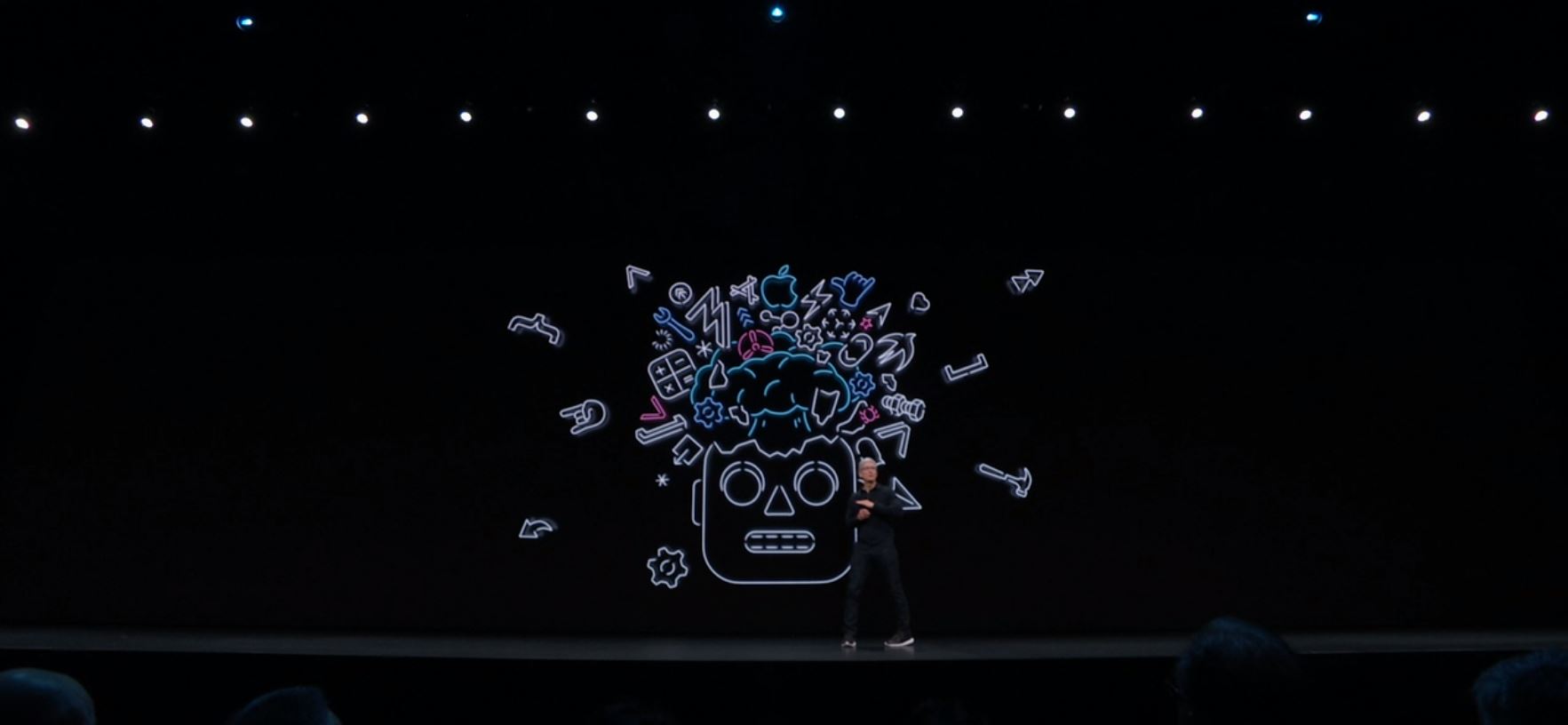Twitter has acquired Fabula AI, a startup that uses machine learning for detecting the spread of misinformation online and for maintaining the health of public conversations. Twitter uses machine learning for the purpose of serving healthy public conversations. Machine learning is leveraged across various product surface areas varying from onboarding people on the platform to connecting them with the relevant conversations.
A research group, which will be led by Sandeep Pandey, will focus on major strategic areas such as natural language processing, reinforcement learning, graph deep learning, ML ethics and other key areas with the motive of continuously advancing the state of machine learning, inside and outside Twitter .
Fabula AI, founded in 2018, is a London-based start up with a team, consisting of machine learning researchers who uses graph deep learning to detect network manipulation. Graph deep learning is a method for applying powerful ML techniques to analyse complex data sets describing relations and interactions and extract signals that traditional machine learning techniques would not have been able to perform.
Fabula AI helps with detecting the false information and identifies the authenticity of the information being spread on various social networking sites. Fake news spreads faster than the authentic news online, a pattern that can be used to spot fake news. Fabula focuses on how content is being spread on social media sites and allocates an authenticity score to the information being circulated and, therefore detects the misinformation.
“As this technology detects the spread pattern, it is language and locale independent; in fact, it can be used even when the content is encrypted,” the company made a statement on its homepage. “We also believe that such an approach, given it is based on the propagation pattern through huge social networks, is far more resilient to adversarial attacks.”
With this strategic acquisition, Twitter will be able to improve the health of the conversations as well as various products like explore tab, timeline, recommendations and the forthcoming experience. The graph deep learning tech will also enable Twitter to help people feel safe and see information which is relevant to them. Twitter has made various machine learning investments, for instance, Madbits in 2014, Whetlab in 2015 and Magic Pony in 2016 and acquisition of Fabula is consistent with the same.
Fabula isled by co-founder and chief scientist Michael Bronstein and chief technologist Federico Monti, who collaborated together at University of Lugano, Switzerland. Bronstein is known to be world-class leading researcher in graph deep learning and has pioneered its applications in arena of different internet companies. “We are really excited to join the ML research team at Twitter, and work together to grow their team and capabilities. Specifically, we are looking forward to applying our graph deep learning techniques to improving the health of the conversation across the service,” said Michael Bronstein.
Twitter proclaims to improve the health of the conversation as its main focus, along with expanding applications to stop spam and abuse and various major strategic priorities in the coming future.
Currently, Bronstein is working as the Chair in Machine Learning & Pattern Recognition at Imperial College and will be in the same position, alongside leading graph deep learning research at Twitter. Bronstein will be accompanied by long-term collaborators from academia including many current or former students who have spent years in researching advances in geometric deep learning.
Twitter has faced the criticism, like most of the major social media websites, for the spread of fake information and this new investment is aimed for improving the safety of people and the health of the conversation, said CTO Parag Agrawal.
Social media firms will be heavily scrutinised for their handling of misinformation in the upcoming 2020 U.S. presidential election. They were already under intense pressure during the recently concluded Indian General Elections — world’s largest democratic exercise. This could well be one of the biggest reasons why Twitter is looking to invest in the technology so as to weed out its bad eggs.
Twitter’s Cortex Unit is the social network giant’s in-house group of researchers and engineers working on machine learning tech. The group will soon be joined by Fabula.
The Tech Portal is published by Blue Box Media Private Limited. Our investors have no influence over our reporting. Read our full Ownership and Funding Disclosure →






